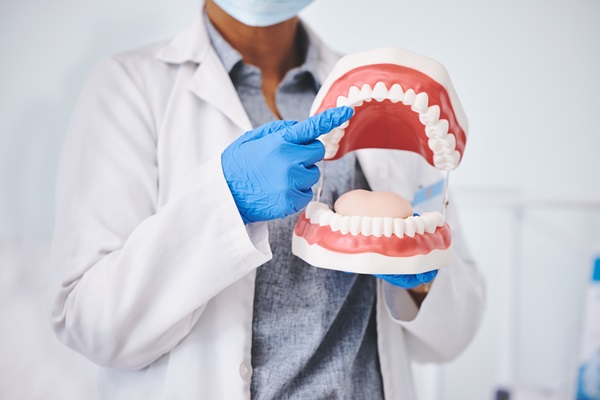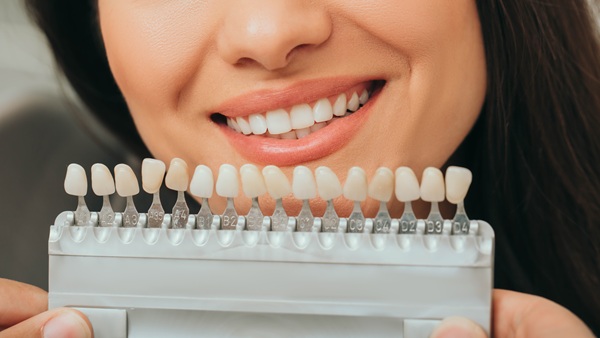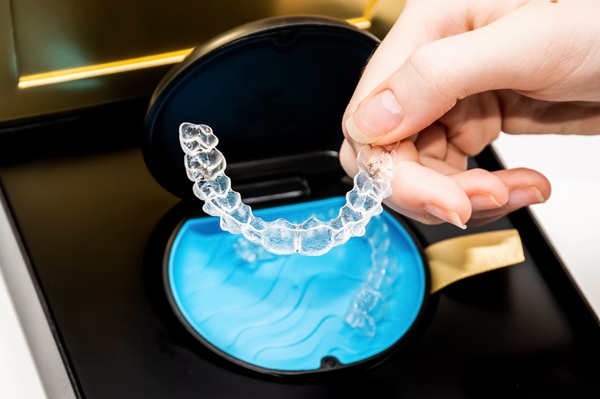Do you ever wonder sometimes, why the yellowing of your teeth is so stubborn, regardless of how hard and often you brush your teeth?
It cannot be denied that a big factor in our oral health lies in our lifestyle, such as what we eat, drink and how often we brush our teeth. However, there is more to it than meets the eye. Just like our overall health, our genetics can also play a role, giving us different predispositions for us to deal with.
Oral Health and Genetics
Genetics can influence different parts of your oral health, like the shape and position of your teeth. Aside from physical appearance, your genetics can also determine your likelihood of getting certain dental problems.
Luckily for us, the dental industry has significantly evolved over the years. Now, there are so many options for us to be able to eliminate, correct or improve oral diagnosis that our genetics may cause.
Your genes can easily affect the following:
Tooth Development and Alignment
One of the most obvious ways genetics affect you is in how your teeth grow and line up. Growing up, your genes can decide the size and shape of your jaw, how many teeth you have and how they are spaced. In other words, your genes could also be the reason why you have problems with alignment and other conditions like overbites, underbites, and crowded teeth.
If your parents and relatives have crooked or misaligned teeth, then you are more likely to get these as well. In these cases, treatments like braces or aligners can help fix the problem.
Enamel Strength
Enamel is the tough outer layer of your teeth and is important for preventing decay.
And yes, your genes can also affect how strong your enamel is going to be. Some people have naturally stronger enamel, which makes them less likely to get cavities. On the other hand, people with weaker enamel are more likely to get tooth decay.
How can you combat this? By taking care of your teeth with good oral hygiene. This means brushing twice a day with fluoride toothpaste, flossing every day and seeing your dentist regularly for check-ups and cleanings.
Tooth Decay
Unfortunately, even if you don’t eat sweets that often, and have good oral practices, your teeth may still show signs of weakness and decay. As much as we can change our lifestyle and care for our teeth, at the end of the day — when genetics starts playing a role, we can still become prone to cavities, tooth decay and other oral problems.
For example, if your enamel is naturally softer or if your teeth have deep grooves as your permanent teeth, then you may be more prone to natural decay and recurring cavities.
Caring for your General Oral Health
Maintain Good Oral Hygiene
Brush your teeth two times a day with toothpaste that has fluoride. Alongside this, make sure you floss every day, and use mouthwash, especially if your dentist says you should.
Regular Dental Visits
Make appointments for regular check-ups and cleanings with your dentist. This way, you can find problems early and get advice that’s right for you.
Healthy Diet
For your overall health and teeth, it is better to practise a healthier lifestyle in every way — including in what you eat!
For a healthier diet eat a mix of healthy foods like fruits, veggies, and dairy — all of which are good for your health — and cut back on sugary snacks and drinks to lower the chance of getting cavities.
Stay Hydrated
Suffering from dry mouth and bad breath a lot? Easy. Drink lots of water to keep making enough spit and wash away food bits and germs.
Avoid Tobacco
One of the best ways to avoid yellow and brittle teeth? Don’t smoke!
Smoking and using other tobacco products can make genetic risks for gum disease and mouth cancer even worse.
In the end, being able to prevent your teeth from suffering serious damage because of your genetics takes an active effort on your end and a consistent partnership with your oral health care partner.
By practising healthy habits and regularly getting checkups — you’ll be able to combine prevention and habits. Battling any risks with proactive cleaning, making any genetic predisposition a piece of cake for you to handle!
Read Next: When Can I Resume Normal Activities After Tooth Extraction?
A Trusted Partner in Oral Health Care
With a trusted partner, taking care of your oral health has become easier. With this, Bellevue Hill Dental can provide a smooth journey to ensure you get a healthier and brighter smile!
Talk to our professionals for expert advice about braces and other dental services you might need. Book a consultation now or call our line at (02) 9158 1530.



